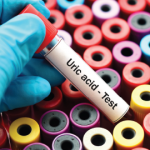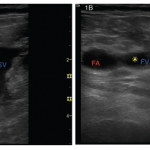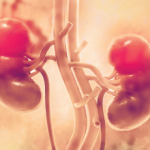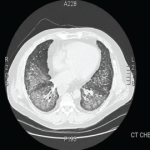Brodalumab Approved for Plaque Psoriasis The U.S. Food and Drug Administration has approved brodalumab, a monoclonal antibody that targets interleukin 17 (IL‑17).1,2 Brodalumab (Siliq) was approved for treating moderate to severe plaque psoriasis in adults who are candidates for systemic therapy or phototherapy and have failed to respond to, or have lost response to, other…








